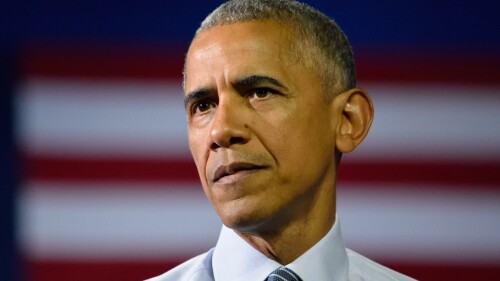When the young Tunisian burned himself in protest against authoritarian oppression and lack of economic justice, triggering massive demonstrations in this small North African country, commentators hesitated to coin the movement as an Arab Spring. It took months, and events exploding in Egypt, Libya, Yemen and Syria before the West coined the upheavals “Arab Spring.” And as the movement was developing throughout the region the West was also unsure as to which direction these revolutions are going to go. The main slogan in the media, and often in academia was -for many months- “we don’t know who the rebels are, we don’t really know if the Arab protesters are liberal, Islamists or populists.” And at times few months before and still as elections have been taking place in Tunisia and Egypt, scholars and Government experts have been arguing that the Islamists who are winning the elections, “probably will behave as democrats and would be moderated by the political process.” What was intriguing in these Western reactions was the amount of questions: we don’t know, perhaps, maybe, probably. If anything it denoted a lack of understanding of many phenomena. First a surprise to see the region erupting against the authoritarian regimes to begin with, after decades of apathy. Second, a lack of understanding of the nature of the forces at work in the “Arab spring.” Were they liberal, secular, Arab nationalist, Islamists and what kind of Islamists. Third, the internal situation inside these societies: which forces were ready for elections, which ones weren’t ready to engage in political socialization. Who had financial support who lacked funds. etc. In short he West in general and its policy and opinion makers were left unsure and un-informed about the roots of the upheavals and the evolution of these movements. Let alone the future of the revolts and the politics generated by the regime change.
In my several briefings to the US Congress and the European Parliament throughout the year I noted a major concern lawmakers had vis a vis the Arab Spring. Legislators weren’t getting real answers from the executive branches on both sides of the Atlantic. During the Egyptian revolt, legislative assemblies in the West weren’t updated as to which forces were at the heart of Tahrir Square and which ones were maneuvering to seize the civil society movement. In the Libyan civil war, lawmakers were getting confusing reports about the “rebels” identity. Only when Gaddafi was killed and the TNC declared its ideological identity that the term “Islamist militias” started to appear. In Tunisia the introduction of al Nahda to congressional members and parliamentarian delegations begins with the term “the moderate” Nahda, while the secular opponents of the party in Tunisia sees the group as classical fundamentalist. So is the case regarding Syria. Congressional questions about the identity of the opposition and the role of the Turkish AKP are still fusing with little clarity in the answers provided. This raises the issue of the advising body to Western Governments.
Indeed since academia is the center of Government advising, including to executive branches and agencies, the scholarly experts are in charge of educating lawmakers, executive leaders and media as to the historical roots of social movements in the region, major upheavals and trends towards the future. One can say that -based on readings of its pre-Arab Spring literature- the North American and European Middle East Studies elite didn’t project the social explosion, didn’t describe the competition between seculars and Islamists as a result, and didn’t prescribe appropriate guidelines for Western policies of engagement with secular and civil society forces. There is a significant body of research and literature available for students and researchers to excavate and reevaluate in terms of Middle East Studies books and articles praising most dictators and in some cases accepting support from their institutions. It was predictable that Middle East Studies programs praising authoritarian regimes won’t “predict” the demise of the “donors.” And it is now projected that expertise influenced by the rise of the Islamists, and looking forward to similar support in the future, won’t spend much time and energy advising Government and educating lawmakers as to engaging the secular opponents of the Islamists.
It is unfortunate that Western and particularly leading US Middle Eastern studies have been catering to the authoritarian regimes, using scores of intellectual subterfuges, and once the regimes are collapsing, shifting to a copy cat with the forthcoming Islamist Governments. It would have been in the interest of the American public, its lawmakers and the international community to obtain an objective and balanced assessment from Middle East academic expertise. Let’s note though that this report shouldn’t be generalized. There is a growing and emerging segment in Middle East Studies which has been providing excellent input on the state of affairs of the Arab Spring. But the senior and most influential poles in the field have fallen to the region’s influence rather than developing analysis reflecting realities on the ground.
We’ll come back with more expanded notes on countries, specific political forces and US efforts over the past few years regarding the process of engagement. As events are rolling fast, discussions will be very relevant even though historical experiments needs to be understood and explained.





